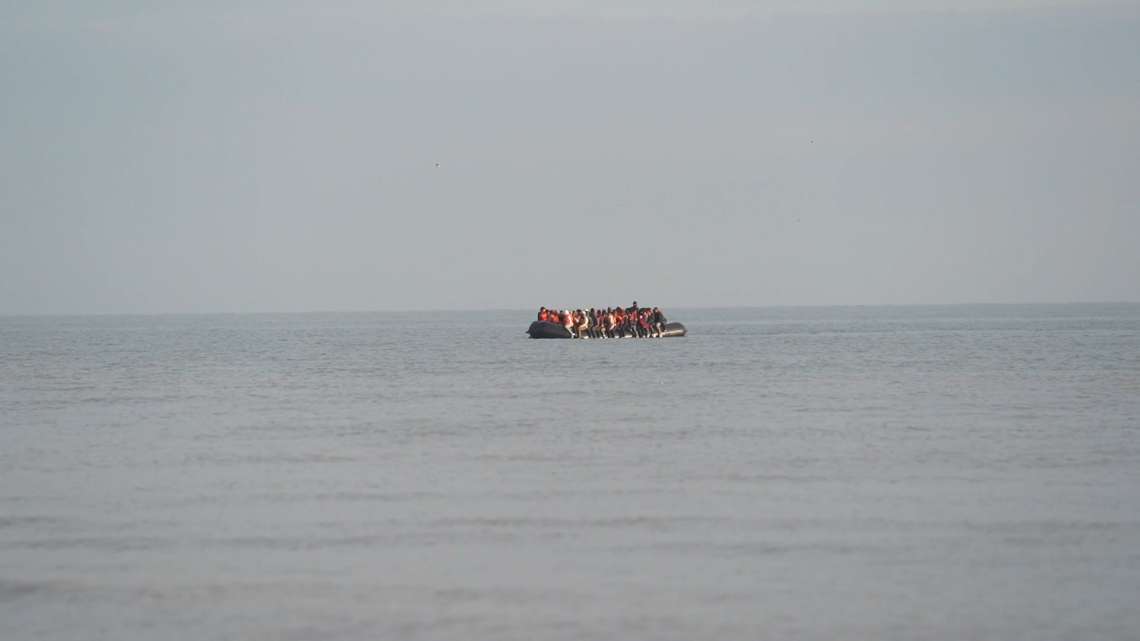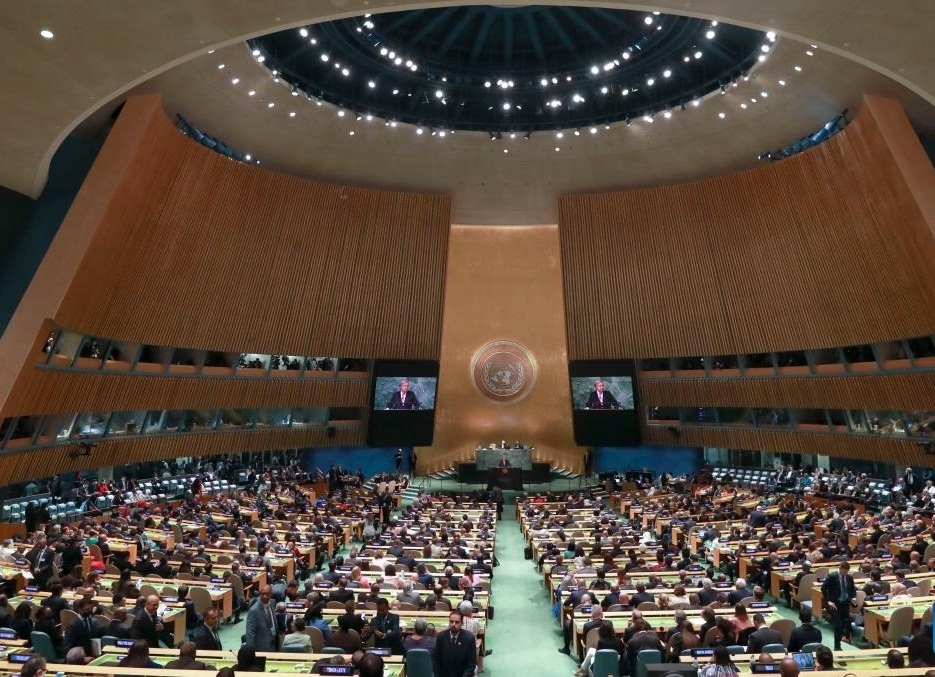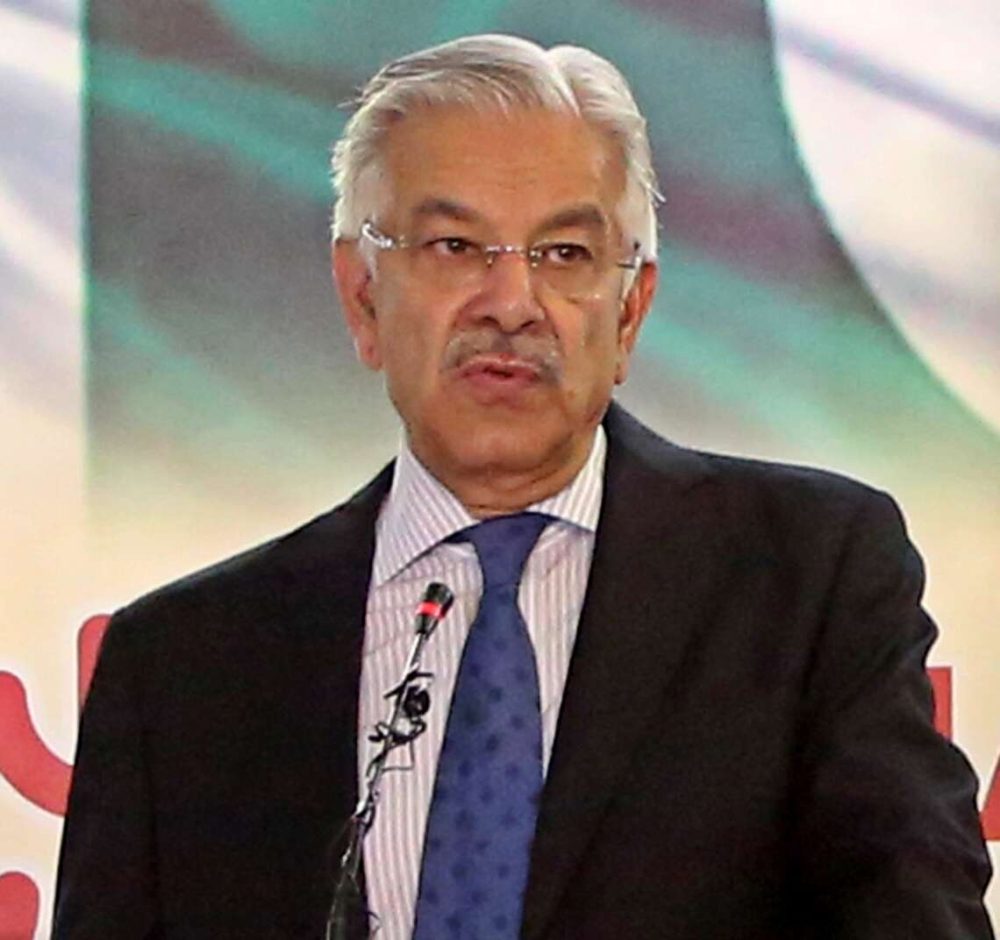This comes after a record-setting hot and dry summer last year, which left water stores low heading into the colder months…reports Asian Lite News
Large swathes of Europe are currently in the midst of an unprecedented winter drought, which could impact agriculture and human consumption, and lead to problems in the warmer months.
According to the European Union’s (EU) Drought Observatory, northern Italy, south-central France, eastern Spain, and parts of Greece, Germany, Austria, and Croatia all have a rainfall deficit this winter, reports Xinhua news agency.
This comes after a record-setting hot and dry summer last year, which left water stores low heading into the colder months.
The back-to-back droughts have impacted fishing and irrigation and limited winter sports.
As of Thursday, most of France has gone more than a month without significant rainfall, according to Meteo France. This breaks the record set in the spring of 2020.
Moreover, with one week to go before the official end of winter, the total number of winter days without rain is the highest since record-keeping began in 1959.
Italy has seen some snow and rainfall this year, but the accumulated rainfall — especially in the northern parts of the country — has been so low that the ANBI Water Resource Consortium said Thursday that as many as 3.5 million Italians could be at risk of having to ration drinking water.
The organisation said that as much as 15 percent of Italy’s population lives in areas which are impacted by extreme drought conditions.
Meanwhile, in an attempt to curb water use, Spanish officials have established rules limiting car-washing and filling of swimming pools.
The low rainfall has resulted in a weak crop of acorns, making it more difficult for pig farmers to feed their animals.
Across central Europe, the low levels of precipitation have also resulted in lower snowfall, which has damaged tourism. It will also result in lower levels for glacier-fed rivers and lakes in the spring.
The low rainfall in Europe has exacerbated the problems caused by the droughts and heatwaves that lashed the continent in 2022.
In addition, the year-old war between Russia and Ukraine has further complicated the situation, leading to skyrocketing energy costs combined with increased demand due to the cold and dry conditions.
Coldiretti, the main Italian agricultural sector union, said that as much as a quarter of agricultural production in areas impacted by the dry weather could be lost this winter.
The weather could change in the coming days, according to media reports.
Starting early next week, a weather formation originating in Russia is expected to cause a drop in temperatures in central and northern Italy, and into the Alps and southern France.
However, despite the lower temperatures, the change in weather is not expected to bring a significant increase in rainfall.














